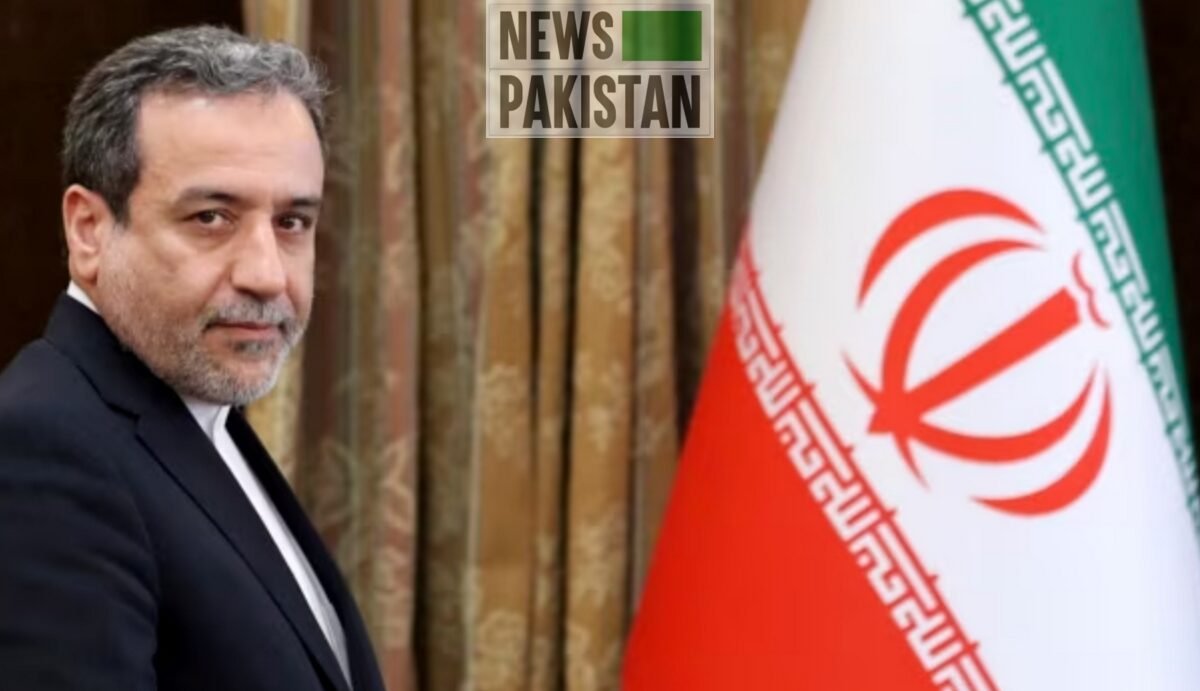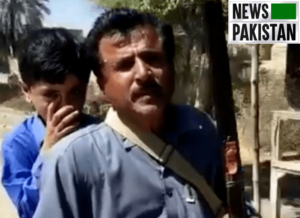“Inclusive, good-quality education is a foundation for dynamic and equitable societies”- Desmond Tutu
Education is a human right, a public good and a public responsibility.
The United Nations General Assembly proclaimed 24 January as International Day of
Education, in celebration of the role of education for peace and development.
Without inclusive and equitable quality education and lifelong opportunities for all, countries will not succeed in achieving gender equality and breaking the cycle of poverty that is leaving millions of children, youth and adults behind.
Today, 258 million children and youth still do not attend school; 617 million children and
adolescents cannot read and do basic math; less than 40% of girls in sub-Saharan Africa
complete lower secondary school and some four million children and youth refugees are out of school.
Their right to education is being violated and it is unacceptable.
Inclusive Education and its Benefits:
Inclusive education is about looking at the ways our schools, classrooms, programs and lessons are designed so that all children can participate and learn.
Inclusion is also about finding different ways of teaching so that classrooms actively involve all children. It also means finding ways to develop friendships, relationships and mutual respect between all children, and between children and teachers in the school.
Inclusive education is not just for some children. Being included is not something that a child must be ready for.
All children are at all times ready to attend regular schools and classrooms.
Their participation is not something that must be earned.
Inclusive education is a way of thinking about how to be creative to make our schools a place where all children can participate. Creativity may mean teachers learning to teach in different ways or designing their lessons so that all children can be involved.
As a value, inclusive education reflects the expectation that we want all of our children to be appreciated and accepted throughout life.
Beliefs and Principles
All children can learn
All children attend age appropriate regular classrooms in their local schools
All children receive appropriate educational programs
All children receive a curriculum relevant to their needs
All children participate in co-curricular and extracurricular activities
All children benefit from cooperation, collaboration among home, among school, among
community
Key Features of Inclusive Education
Generally, inclusive education will be successful if these important features and practices are followed:
Accepting unconditionally all children into regular classes and the life of the school.
Providing as much support to children, teachers and classrooms as necessary to ensure
that all children can participate in their schools and classes.
Looking at all children at what they can do rather then what they cannot do.
Teachers and parents have high expectations of all children.
Developing education goals according to each child’s abilities. This means that children do not need to have the same education goals in order to learn together in regular classes.
Designing schools and classes in ways that help children learn and achieve to their fullest
potential (for example, by developing class time tables for allowing more individual attention for all students).
Having strong leadership for inclusion from school principals and other administrators.
Having teachers who have knowledge about different ways of teaching so that children with various abilities and strengths can learn together.
Having principals, teachers, parents and others work together to determine the most effective ways of providing a quality education in an inclusive environment.
On 24 January 2022, the fourth International Day of Education under the theme “Changing Course, Transforming Education” was celebrated.
As it was detailed in UNESCO’s recent global Futures of Education report, transforming the future requires an urgent rebalancing or our relationships with each other, with nature as well as with technology that permeates our lives, bearing breakthrough opportunities while raising serious concerns for equity, inclusion and democratic participation.
Message from the Director General:
Message from Ms Audrey Azoulay, Director-General of UNESCO, on the occasion of the
International Day of Education 24 January 2022 as we mark the fourth International Day of
Education, our world stands at a turning point.
Glaring inequalities, a damaged planet, growing polarization and the devastating impact of the pandemic present us with a generational choice: continue on an unsustainable path or radically change course.
Education can help us solve all of these issues – but it faces serious challenges. We have yet to deliver on our commitment to ensure the right to quality education for all. COVID-19 disruptions have only exacerbated an educational crisis that, even before the pandemic, excluded 268 million children from school, especially girls. As a result of this exclusion, millions of children, youth and adults are exposed to poverty, violence and exploitation.
In these exceptional times, business as usual is no longer an option. If we are to transform the future, if we are to change course, we must rethink education. This means forging a new social contract for education, as called for by the UNESCO report on the Futures of Education, released last November.
We need to repair past injustices and orient the digital transformation around inclusion and equity. And we need education to fully contribute to sustainable development – for instance, by integrating environmental education in all curricula and by training teachers in this field.
To do this, we need to support education financially, keeping in mind that it is not an expense, but an investment.
This is why our Member States reaffirmed their commitment to devoting at least 4% of GDP, or at least 15% of public spending, to education, in the Paris Declaration adopted during UNESCO’s Global Education Meeting last November.
We also need to strengthen international aid and global cooperation, because this pandemic is a stark reminder of just how fragile and interconnected our societies are. We can only effect this change together, through solidarity and cooperation.
This calls for a broad movement encompassing governments, civil society, educators, students and young people to mobilize our collective intelligence and reimagine our future together.
This is our message for this International Day of Education – because education is a common good, a fundamental right and the foundation of a sustainable future.
Newspakistan.tv | YouTube Channel











